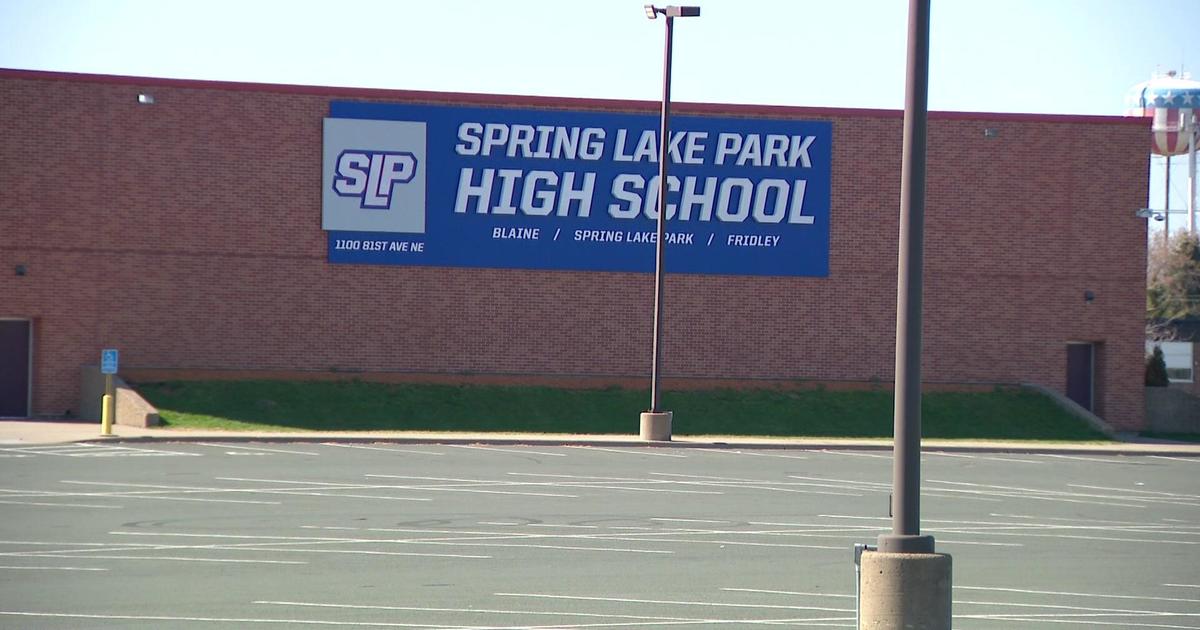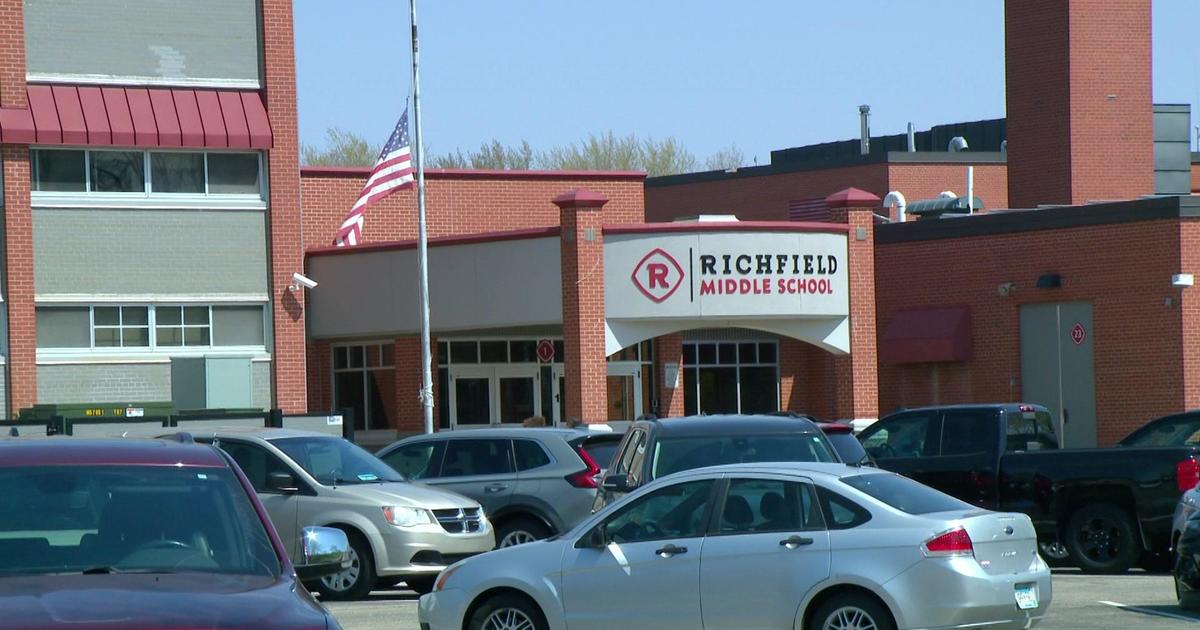Coalition Pushes For Tougher Measures To Fight Invasive Species
SHOREWOOD, Minn. (WCCO) -- Scott Blackwell and his son know the routine once they get their boat out of the water: they will pull the drain plug and check the boat and trailer for weeds.
It's Minnesota's law to stop the spread of aquatic invasive species, such as Eurasian milfoil and harmful zebra mussels.
"Anything that will help stop the mussel from spreading, for sure. If it's an extra five or ten minutes, it's not an issue," Blackwell said.
But the Coalition of Minnehaha Creek Waters, a group representing homeowners and lake users within the 26 lake watershed, say the current law is not enough. The coalition says recent studies reveal that 20 percent of all boat owners using a public access do a poor job of checking for invasive species or simply ignore the law.
That's why the coalition says it's time for an all-out attack, or Minnesota will risk losing the battle against zebra mussels and dozens more harmful invaders.
"We've adopted the goal of stopping the spread," says coalition member, Dick Osgood.
Osgood says the coalition's solution is to install electronic gates at 26 area lakes within the watershed with public access. Boat owners would first have to pass an AIS check at any of four inspection stations to get the codes that would allow them lake access.
He calls it a "necessary but minor inconvenience."
"Lacking something like this, we're afraid there's a credible threat that zebra mussels and other invasive species will get into all the lakes," Osgood said.
But the group's idea is sure to be controversial and generate debate. The plan will be discussed at a work session of the Minnehaha Creek Watershed District Thursday evening in Shorewood.
Lake Minnetonka boat owner, Jim Raymond, is not a fan of the plan.
"It's not a good idea," he said. "How many boats are going to be lined up waiting to get a code? By the time your boat gets there, the day might be over."
If the plan is implemented in its entirety, it would cost about $8 million over five years to install the gates and staff the four inspection stations.



